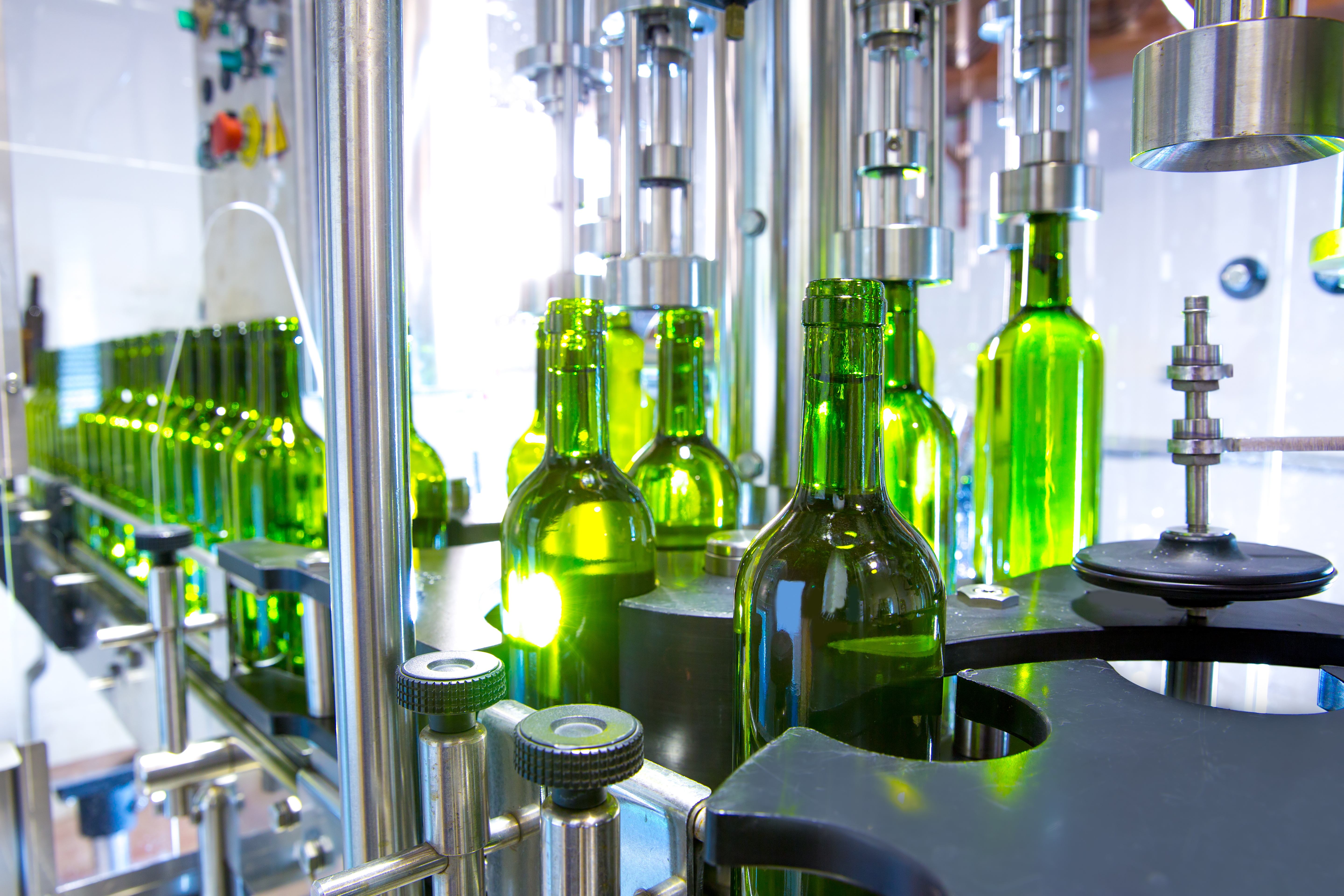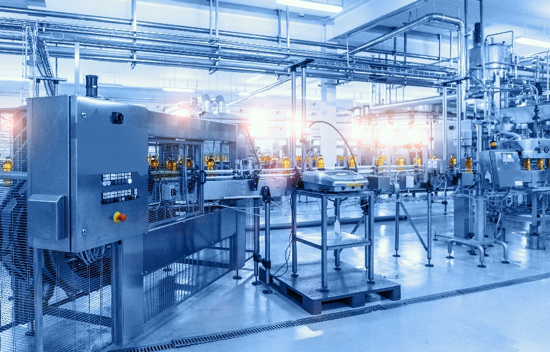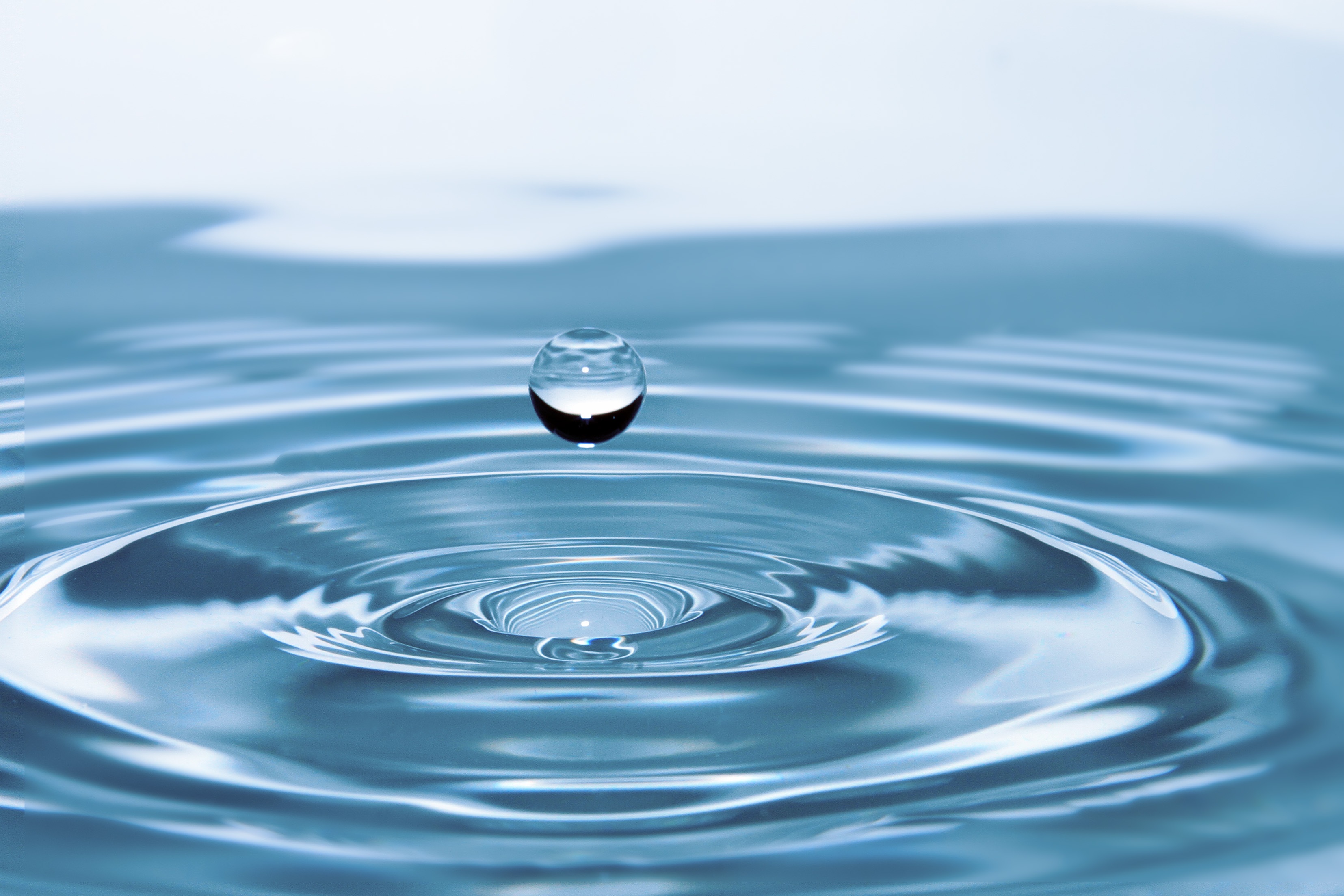Understanding The Different Types of Replacement Filters.
Filtration is a vital component of various industries, ensuring the removal of impurities and contaminants from liquids and gases. Within this process, replacement filters play a crucial role in maintaining filtration systems at peak performance and offering cost effectiveness for the customer.
Replacement Filters often lead to significant cost savings.
In this blog, our experts delve into the world of replacement filters, exploring the materials available, filter formats, applications, and maintenance tips.
Filter Media: The Building Blocks of Filtration
Replacement filters come in various formats, but they all share a common foundation: filter media. These are the materials responsible for capturing or absorbing particles and contaminants. The choice of filter media depends on the specific requirements of the filtration application. Here are a few examples:
-
Activated Carbon: These filters are highly effective at adsorbing organic compounds and chemicals, making them ideal for applications where removing taste, odour, or specific contaminants is necessary. These filters are widely used in the Food & Beverage industry to ensure water quality and improve product taste.
-
Membrane filters are known for their fine porosity, allowing them to capture small particles and bacteria. This makes them valuable in water treatment processes, particularly in regions with turbid water sources.
-
Synthetic Polymers: Synthetic filter media, like polypropylene or glass fibre, offer versatility, and are frequently used in industries where chemical compatibility, temperature resistance, and durability are paramount. They're commonly found in various applications across different industrial sectors, including water treatment and chemical processing.
Filter Types: Customized Solutions for Different Needs
Filter media, with their diverse properties, serve as the basis for different filter types, each tailored to specific applications. Some of the key filter designs:
-
Cartridge Filters: These are cylindrical in shape and typically contain a filter medium pleated around a core. They are versatile and find use in numerous applications across the process industries. For instance, in the pharmaceutical industry, cartridge filters with membranes are utilized to ensure the removal of microorganisms and fine particulates, critical for product purity.
-
Bag Filters: The workhorses of filtration are characterised by their high capacity removal and their ease of replacement during servicing. They are commonly employed in applications where high flow rates are needed, such as in water treatment plants or incoming water supplies to factories to remove sediments and large particles.
-
Membrane Filters: Often called microfilters, these filters are designed to capture sub-micron particles and microorganisms. Membrane filters are invaluable in the Food & Beverage products, especially prior to final packaging, effectively removing bacteria to improve product shelf life.

Applications: Matching Filters to Industry Needs
The choice of a replacement filter is never a one-size-fits-all; it is highly dependent on the specific industry and process requirements. For instance:
-
In the pharmaceutical sector, where product purity is paramount, microfiltration membranes in cartridge filters are used to ensure the removal of even the tiniest contaminants, safeguarding the integrity of pharmaceutical products.
-
In the beverage industry, especially in the production of bottled water and soft drinks, microfiltration membranes and activated carbon filters ensure that water used in beverage production is free from microorganisms, odours, and unwanted tastes, resulting in a refreshing and consistent taste experience for consumers.
-
In the water treatment industry, cartridge filters are ideal for removing turbidity and bacteria, such as cryptosporidium from surface water sources, ensuring that the treated water meets regulatory standards for safe consumption.
Maintenance Tips: Extending Filter Lifespan
While replacement filters are designed to be, well, replaced, proper maintenance can significantly extend their lifespan and optimize performance. Here are some maintenance tips:
-
Regular Inspections: Routinely measure the differential pressure across filtration systems. This allows for timely replacements and prevents system shutdowns due to blocked filters.
-
Cleaning Procedures: Cleaning protocols vary depending on the filter type. For instance, activated carbon filters are flushed prior to use to ensure that fines are not present, while membrane filters require sanitisation (CIP) or steam sterilisation (SIP) prior to use to ensure the system is hygienic prior to use.
-
Scheduled Replacements: Follow a maintenance schedule that aligns with the filter's service life. Timely replacements are essential for maintaining the efficiency of the filtration system.
-
Documentation: Keep thorough records of filter replacements, maintenance, and any issues encountered. This helps in tracking performance and identifying patterns that may require adjustments in the filtration system.
In conclusion, understanding the different types of replacement filters is a crucial aspect of maintaining effective filtration systems. Filter media, filter types, and proper maintenance all play essential roles in ensuring the efficient removal of impurities and contaminants, whether in the Food & Beverage industry, pharmaceuticals, water treatment, or other sectors.
Here at Porefiltration, we live and breathe filters. So If you'd like a no-obligation quote, where we guarantee to save you to 15% off you current filtration spend, or you'd just like some advice on how you could cut your filtration costs, then give us a call or send us an email, we'd be happy to help
PoreFiltration – Making your filtration systems work harder





